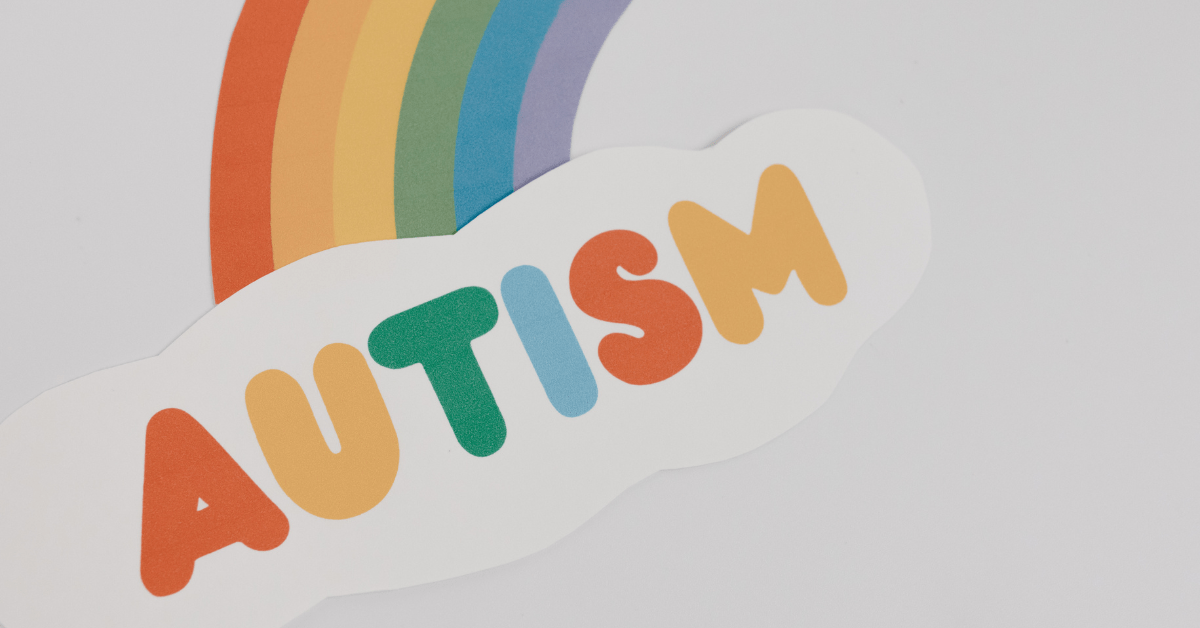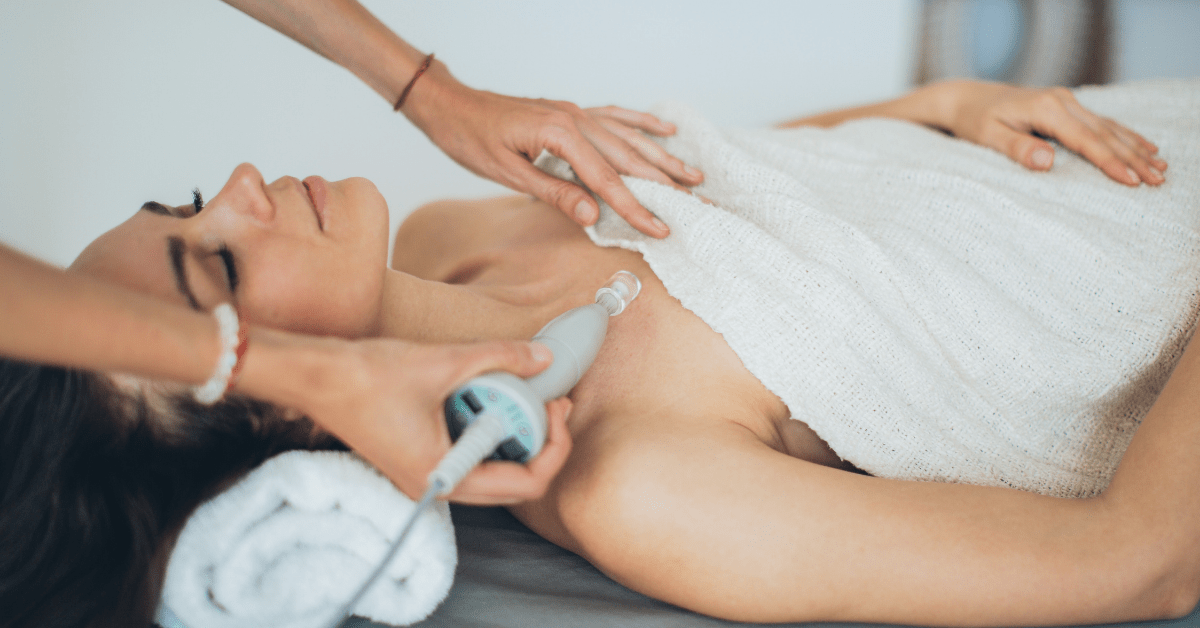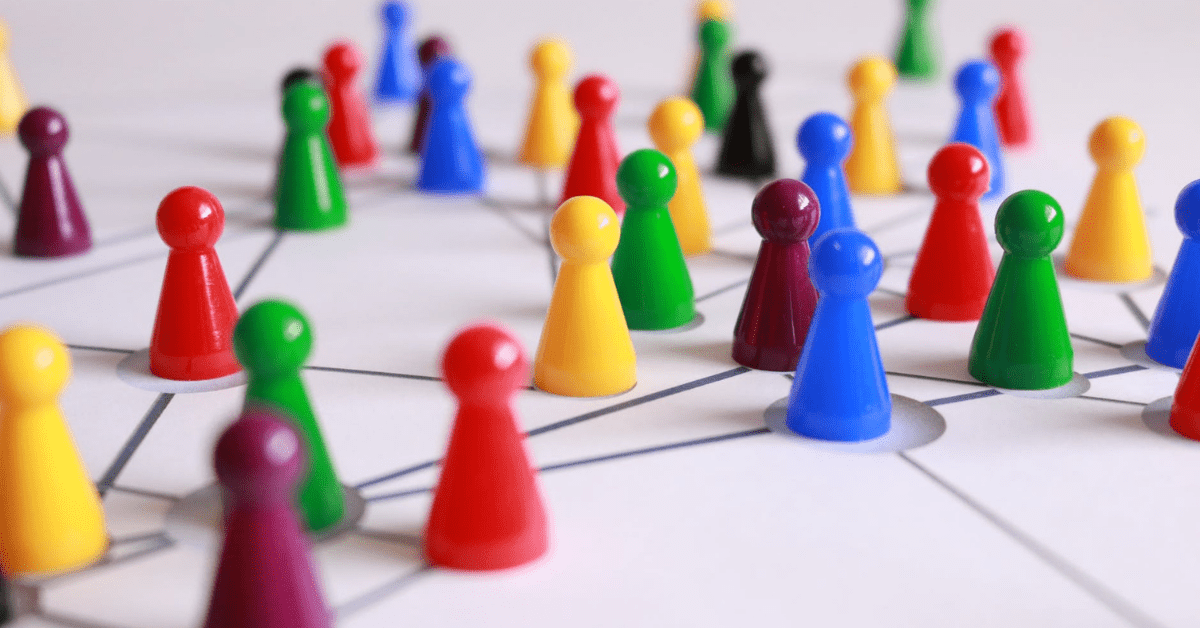 As the world battles to overcome COVID-19, we have moved a step closer to managing the pandemic that’s swept the world. In addition to searching for an effective vaccine, scientists have been working tirelessly to develop an anti-body test that can accurately confirm whether someone has previously contracted the virus.
As the world battles to overcome COVID-19, we have moved a step closer to managing the pandemic that’s swept the world. In addition to searching for an effective vaccine, scientists have been working tirelessly to develop an anti-body test that can accurately confirm whether someone has previously contracted the virus.
Now available in a number of countries, these anti-body tests are proving crucial to recovery plans for countries that are still imposing lockdown restrictions. When tests can confirm who has had the virus and, therefore, who is most likely to be immune or resistant to subsequent COVID-19 infections, lockdown measures can be changed substantially.
If a significant proportion of the population have already developed some form of natural immunity by fighting the virus, for example, it’s likely to be safer to end lockdown and allow people to return to their day-to-day activities. While millions of people remain uninfected, however, restrictive lockdown measures must remain in place to ensure their safety.
Until now, only testing for active coronavirus infections have been available. While these tests are essential to confirm whether someone is battling COVID-19 or not, they don’t prove whether someone has previously contracted the virus and recovered from it. Furthermore, their limited availability has meant that their use has been restricted to critically ill patients and essential workers.
With millions around the world potentially already having had the virus in a mild form, anti-body tests will help to indicate how far we’ve come in overcoming the pandemic. While the news that accurate anti-body tests are now widely available in many countries is to be celebrated, research laboratories, government organisations and private companies are still stepping up their activities to ensure testing can be carried out swiftly.
Who will receive the anti-body test?
Currently, guidelines in the UK state that anyone over the age of 5 can take the anti-body test. The availability of the tests may, however, mean that there’s a wait to actually undergo testing. In addition to this, any backlog in the processing of tests will mean people are waiting weeks to receive their results. With potential lockdown measures so closely linked to the trends shown in anti-body test results, it’s essential that all available resources are diverted so that testing can take place on a mass scale.
Fortunately, laboratories, research areas and government buildings are transforming their surroundings to increase the number of tests that can be processed. With same-day medical refrigeration hire, for example, the extra facilities needed to store samples safely and securely can be accessed quickly and easily. Similarly, the willingness of retired or ex-researchers, doctors and scientists to return to the frontline has meant that processing tests can be carried out much more rapidly.
While it may take some time for everyone who wants to take an anti-body test to be able to access one, the UK government is committed to providing people with their results within five working days. Using an influx of emergency resources to deliver on this promise, a large proportion of the population can be tested and given their results within a matter of days. Based on this, there could be drastic changes to the current lockdown restrictions, depending on what the evidence shows following analysis of the anti-body tests.
Can you get COVID-19 twice?
As research is still on-going, there is no definitive answer as to whether you can contract COVID-19 more than once. We do know that the virus mutates, however, in a similar way to influenza. If you’ve had one strain of COVID-19, it’s possible, therefore, that you could contract a different strain if you were exposed to it.
With much still to be learned about COVID-19, doctors are currently unable to confirm whether it’s possible to contract the virus twice. Evidence to date suggests that the virus may live within some patients for far longer than others, even if they’re not showing any signs of symptoms. This means that determining whether someone has recovered and contracted the virus again or simply hasn’t overcome it could be tricky.
While a positive anti-body test won’t confirm that you’re immune to COVID-19, it will show that your body has the anti-bodies ready to fight the infection. Presuming COVID-19 works in a similar way to other viruses, having the anti-bodies in your system should theoretically make it easier for your body to fight the virus if re-infection is possible.
Although coronavirus has had a devastating impact around the globe, this latest milestone in the fight against COVID-19 is indicative of us taking positive steps to overcome the threats the virus poses. As such, we’re one step closer to easing lockdown measures and a whole lot nearer to knowing everything we need to about COVID-19.


















Leave a Reply